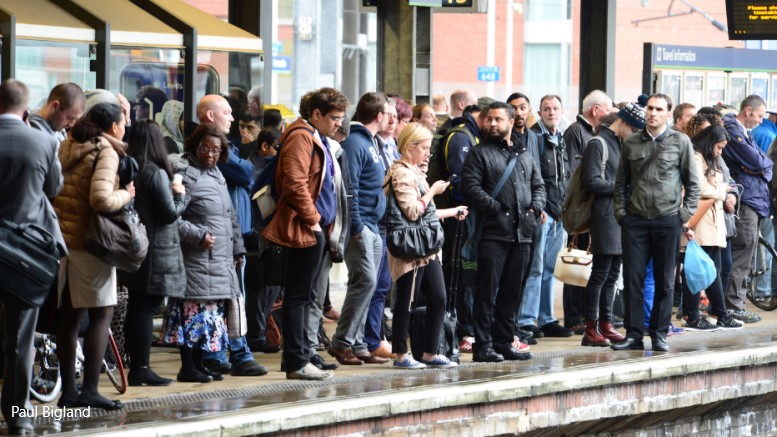
Not only is the current Coronavirus (COVID-19) epidemic causing challenges for transport operators, as ridership plummets and ticket revenue is almost zero, but it also raises the question of what will the world be like post-COVID?
Research by Systra has revealed that public transport passengers could well make far fewer trips after the pandemic. Results, from a representative survey of 1,500 adult residents across the UK, show that city transport authorities and operators could face a 20 per cent fall in public transport use, even after COVID-19 travel restrictions are lifted.
Passengers told the transport researchers that they will avoid journeys unless health concerns are taken seriously and commuters change their working travel habits.
The main results from the survey are:
- 20% predict making fewer trips by public transport after travel restrictions are lifted. rising to 27% for those who use rail to commute;
- Of those expecting to reduce their use of public transport, 49% will do so because of concerns over getting ill, 24% said they will work from home more and 14% said they have found another way of making their journey;
- 17% of full and part-time workers believe they will work from home far more once COVID-19 travel restrictions are lifted, citing as reasons cited the saving in commute time and cost as well as wanting a better work-life balance;
- 67% believe virtual meetings will replace some or all business trips or meetings.

After considering the results of the survey, Systra’s experts commented on the findings:
Katie Hall, director of travel behaviour: “Our climate emergency has not been cancelled.
“There is no doubt that this situation has opened up different ways of working for many, but if people start rejecting public transport over the car for work and leisure trips – that’s a massive step backwards.
“Public transport operators must rise to this challenge.”

Chris Pownall, business development director: “When we go ‘back to normal’, we won’t go back to the old normal. Instead, we’ll enter a new ‘new normal’, where many people realise that they have more choice about where they work, how they get to work and how they conduct their day-to-day business.
“Travel patterns will have changed. Indisputably, this is a call to action for policy makers and public transport operators, who must adapt and create new approaches and partnerships.”
Neill Birch, director of public transport: “A drop of 20% equates to five million fewer trips being made every single day, most of them in and out of our major towns and cities.

“Our research highlights the need for the public transport sector to think hard and plan ahead to be ready for when travel restrictions are lifted. Public transport operators must reassure nervous passengers by communicating very clearly about their hygiene regimes, driver and passenger responsibilities.
“A national campaign may well be required.”
The survey, which took place between Wednesday 8 April and Tuesday 14 April 2020, interviewed a representative sample of 1,514 UK adults. It covered London, South East (excluding London), South West, West Midlands, East Midlands, Yorkshire and Humberside, North West, North East, East, Wales, Scotland, and Northern Ireland.
Systra is now undertaking further behavioural modelling to understand the wider impacts of the COVID-19 for UK cities & regions.


Be the first to comment